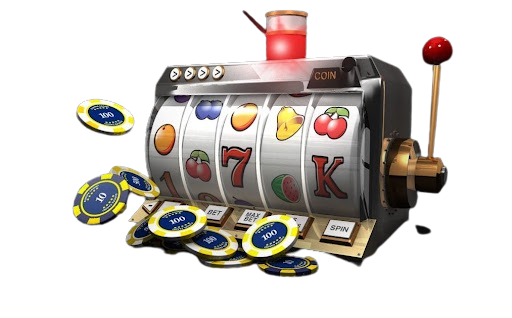Introduction: In the vast landscape of modern entertainment, games stand out as a dynamic and ever-evolving form of interactive media. From the humble origins of Pong and Tetris to the immersive worlds of virtual reality and massively multiplayer online games (MMOs), the gaming industry has undergone a remarkable transformation. In this article, we embark on a journey through the diverse realms of games, exploring their history, evolution, and cultural significance.
The Evolution of Gaming: The history of games traces back thousands of years, with ancient civilizations engaging in various forms of entertainment. However, it was not until the latter half of the 20th century that electronic games emerged as a distinct medium. The advent of arcade machines in the 1970s paved the way for iconic titles like Pac-Man and Space Invaders, captivating audiences worldwide.
As technology advanced, home gaming consoles entered the scene, revolutionizing how people interacted with games. Nintendo’s release of the NES in the 1980s brought beloved franchises such as Super Mario Bros. and The Legend of Zelda into living rooms, establishing gaming as a mainstream form of entertainment.
The turn of the millennium witnessed a seismic shift with the rise of online ASTONSLOT gaming and the proliferation of personal computers. Games like World of Warcraft and Counter-Strike introduced players to vast virtual worlds and competitive multiplayer experiences, reshaping the social fabric of gaming communities.
Diversity and Innovation: One of the defining characteristics of the gaming industry is its diversity and capacity for innovation. From indie developers pushing creative boundaries to AAA studios delivering blockbuster experiences, there exists a plethora of gaming experiences catering to diverse tastes and preferences.
Indie games, in particular, have gained prominence for their unique art styles, innovative gameplay mechanics, and storytelling prowess. Titles like Celeste, Undertale, and Hollow Knight have garnered critical acclaim and demonstrated the artistic potential of games as a medium of expression.
Furthermore, technological advancements have enabled the emergence of new frontiers in gaming, such as virtual reality (VR) and augmented reality (AR). VR headsets transport players to immersive virtual environments, while AR games like Pokémon GO integrate digital elements into the real world, blurring the line between fiction and reality.
Cultural Impact: Beyond entertainment, games have exerted a profound cultural impact, influencing mainstream media, education, and even professional sports. Esports, competitive gaming tournaments watched by millions worldwide, have elevated gaming to a legitimate form of competition, with professional players earning fame and fortune.
Moreover, games have become a powerful tool for education and training, with simulations used in fields ranging from healthcare to aerospace. Gamification, the application of game design principles in non-game contexts, has transformed learning experiences and incentivized behavioral change.
In popular culture, references to video games abound in movies, television shows, and music, reflecting their pervasive influence on contemporary society. Gaming conventions and events like E3 and Gamescom attract enthusiasts and industry professionals alike, fostering a vibrant community of developers and fans.
Conclusion: As we reflect on the journey through the world of games, it becomes evident that this medium continues to evolve and redefine itself. From its humble beginnings to its current status as a cultural phenomenon, gaming remains a dynamic and influential force in the realm of entertainment. As technology advances and creative boundaries are pushed ever further, the future of gaming promises to be filled with excitement, innovation, and endless possibilities.
